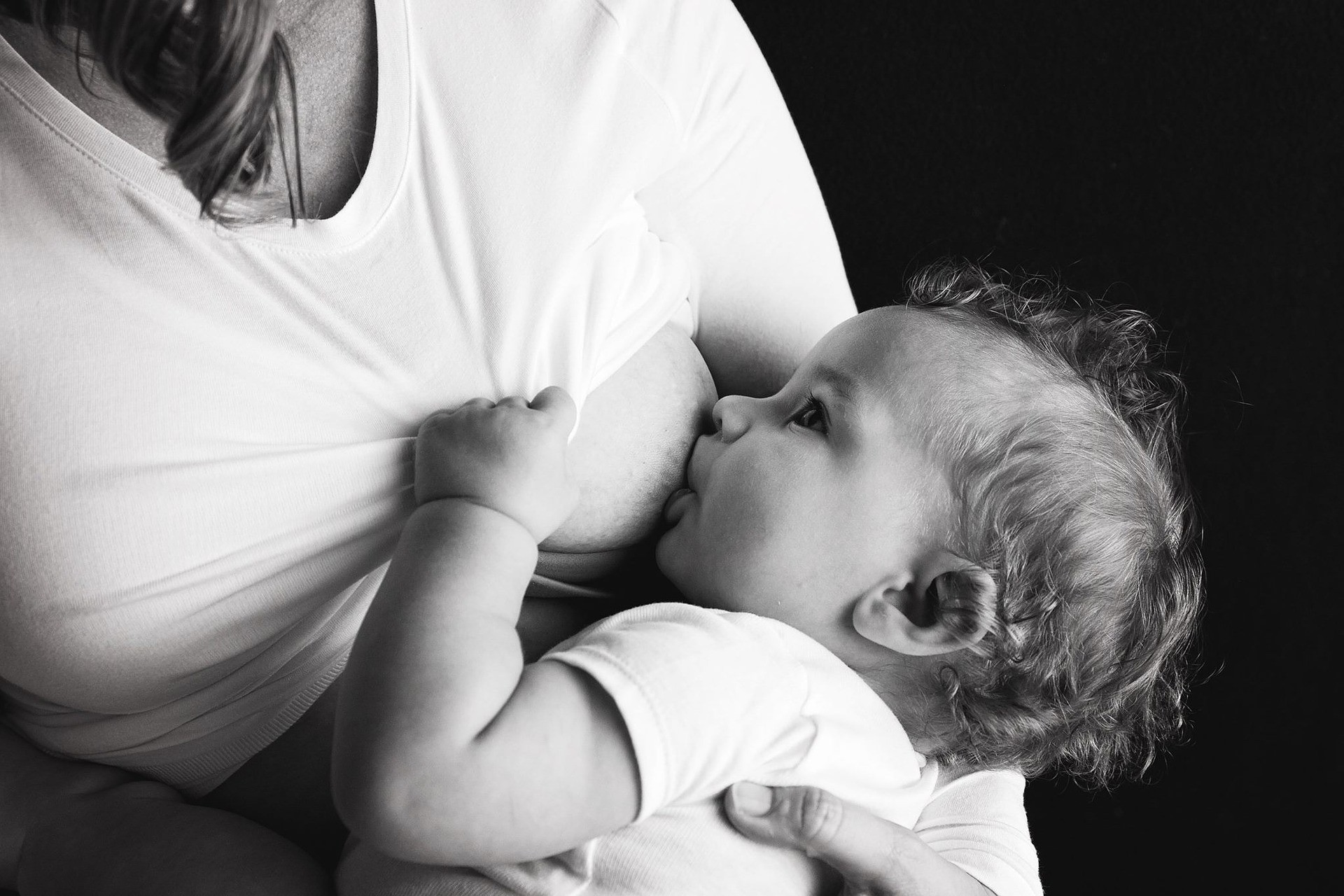R+D+i Project
‘Trust and responsibility in food consumption of pregnant and breastfeeding women in Spain: narratives and ethnographies about the risks of internal pollution by PTC’, funded by the Spanish Ministry of Economy and Competitiveness (CSO2014-58144-P).
The project focuses on the study of trust/distrust attitudes shown by pregnant and breastfeeding women towards the presence of chemical compounds (Persistent Toxic Compounds) in food, and their assignment of responsibility for the potential long-term effects of these substances on human health. The internal pollution caused by such substances has major cultural, social, ideological and financial implications.
Social agents’ discourses and practices related to mother-and-child food consumption will be studied using an ethno-epidemiological approach. On the one hand, those of health practitioners (gynaecologists, paediatricians, nurses, midwifes, nutritionists, etc.) and other experts (dieticians, pharmacists, alternative therapists, mass media, websites, etc.), support networks (relatives, neighbours, friends, associations, etc.), and on the other hand, those of pregnant and breastfeeding women.
This study aims at taking a deeper look at the social perception of risks associated with synthetic chemical substances found in food and their risks for human health. It also examines the hazard criteria for food consumption during pregnancy and breastfeeding, the dietary recommendations and guidance provided by health professionals, specialists, mass media, support networks or individual choices, as well as the variation of eating practices during pregnancy and breastfeeding. Explanatory models of the food process will also be studied: what food items are purchased, why certain items and not others, selection criteria, food preferences, avoidances and cravings, where they are bought, where they are prepared, where they are consumed, how they are kept fresh, what is shared, what is discarded.
In this study, the interplay of social, cultural, historical and financial factors in the shaping of food styles and preferences will be taken into account. Thus the project looks in more depth into the different levels of social perception of internal pollution risk, based on the role that the different social agents attribute to toxic corporeality in the construction process of human health and food. It takes into account social inequalities, cultural diversity, cooking traditions and ideological choices of women in both urban and rural contexts in two different Spanish regions: Catalonia and Andalusia. Using a comparative, qualitative and ethnographic methodology, this research hopes to yield more conclusive results on the sociocultural context of the limits to accepting risks and hazards, as well as trust and distrust in food consumption.
Research team: Cristina Larrea Killinger (Chief Researcher), Eva Zafra, Edda Marimón, Juan Pedro Arrébola, Esther Herrera, Araceli Muñoz, Lina Casadó, Miguel Company, Andrés Fontalba, Arantza Begueria, Montserrat Fábregas, Jaume Mascaró, Oscar García Algar, Silvia Ferrero.

